5 Essential Tips for Caring for Your Baltic Blades Kitchen Knives
In this blog post, we'll provide you with 5 essential tips for caring for your Baltic Blades kitchen knives. From the importance of using a cutting board to the best ways to store and clean your knives, we've got you covered. Follow these tips to ensure that your Baltic Blades knives remain sharp, safe, and in good condition for years to come.
KNIFE CARE
As a manufacturer of high-quality kitchen knives, we at Baltic Blades understand the importance of proper knife care. Proper care not only helps to extend the lifespan of your knives, but it also ensures that they remain sharp and safe to use in the kitchen. In this blog post, we'll go over some key tips for caring for your kitchen knives.
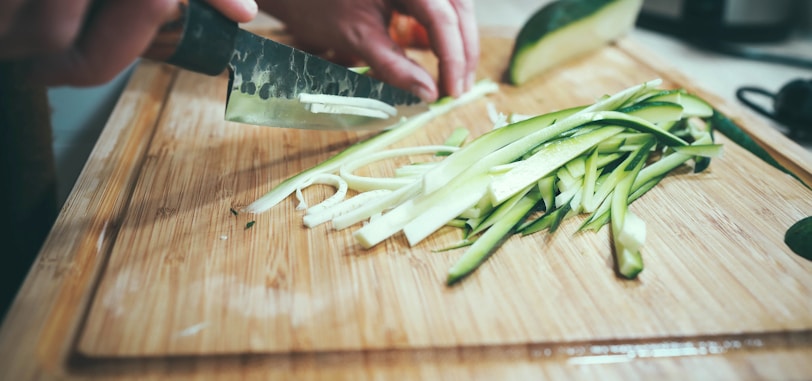
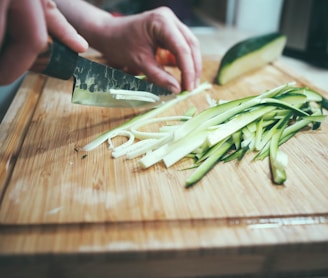
The Cutting board
First and foremost, it's important to always use a cutting board when using your kitchen knives. Cutting on hard surfaces such as countertops or glass can damage the blade, dulling it over time. Wood and plastic cutting boards are the best choices, as they are soft enough to protect the blade but also sturdy enough to provide a stable cutting surface.
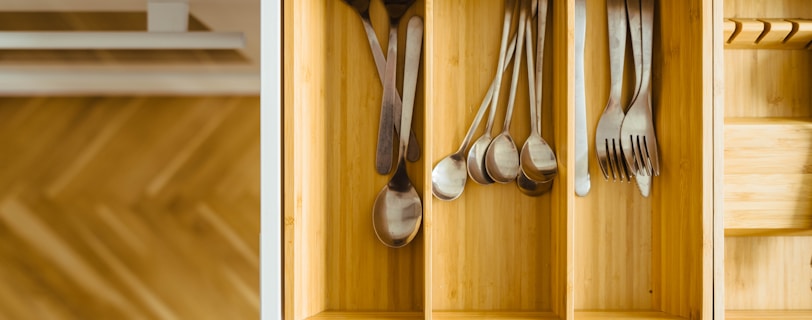
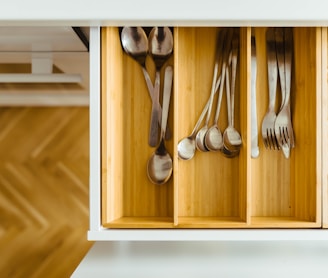
Storage
Another important aspect of knife care is storage. It's best to store your knives in a knife block or on a magnetic knife strip to keep them organized and easily accessible. This not only keeps your knives within reach, but it also helps to prevent accidents by keeping the blades away from curious hands.
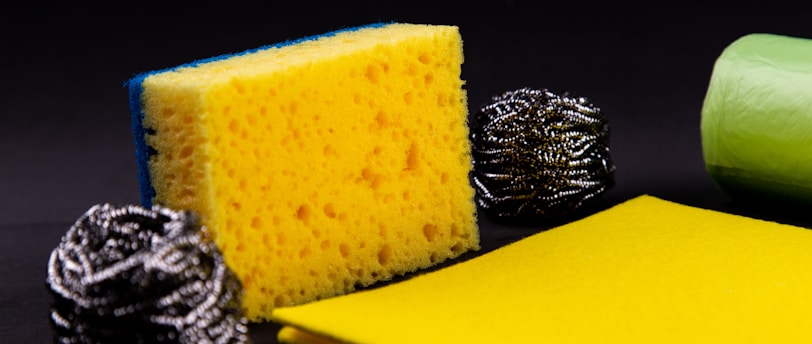
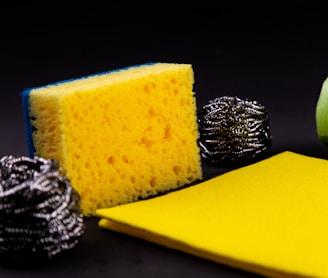
Cleaning
When it comes to cleaning your knives, it's important to use caution. Avoid putting your knives in the dishwasher, as the harsh detergents and high heat can damage the blade and handle. Instead, hand wash your knives with a mild detergent and warm water, being careful not to let the blade come into contact with the sink or other hard surfaces. Dry your knives thoroughly before storing them to prevent rusting.
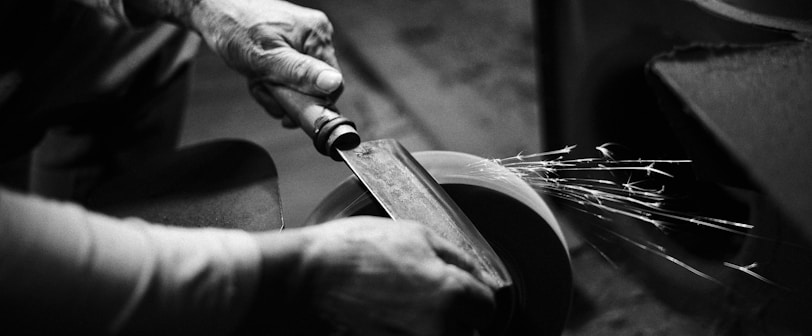

Sharpening
Sharpening your knives on a regular basis is also crucial for maintaining their effectiveness in the kitchen. While it's important to sharpen your knives, it's equally important not to over-sharpen them. Over-sharpening can thin the blade and make it more prone to chipping or breaking. We recommend using a honing rod or a sharpening stone to keep your knives sharp and in good condition.
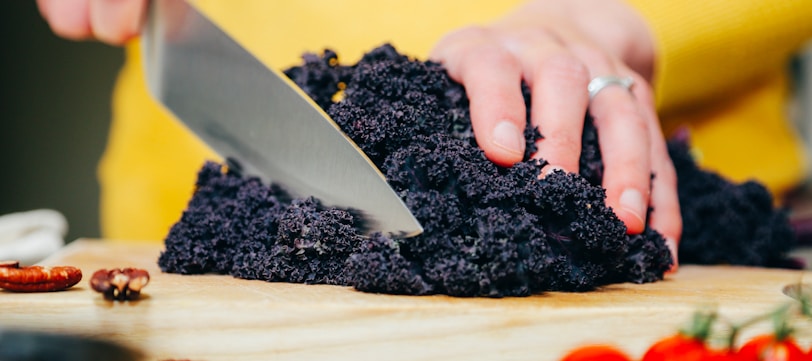
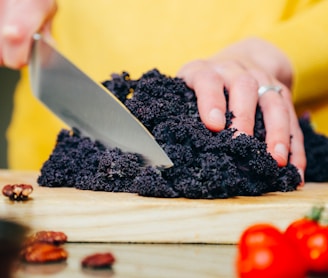
Use etiquette
In addition to the tips above, it's also important to handle your knives with care. Always grip the handle firmly and use a sawing motion when cutting to avoid putting too much pressure on the blade. Avoid using your knives for tasks they aren't designed for, such as prying or opening cans, as this can damage the blade and handle.
Conclusions
By following these simple knife care tips, you can ensure that your kitchen knives remain sharp, safe, and in good condition for years to come. Proper care will not only help to extend the lifespan of your knives, but it will also make them more enjoyable to use in the kitchen. So take the time to care for your knives, and they will reward you with years of reliable service.
